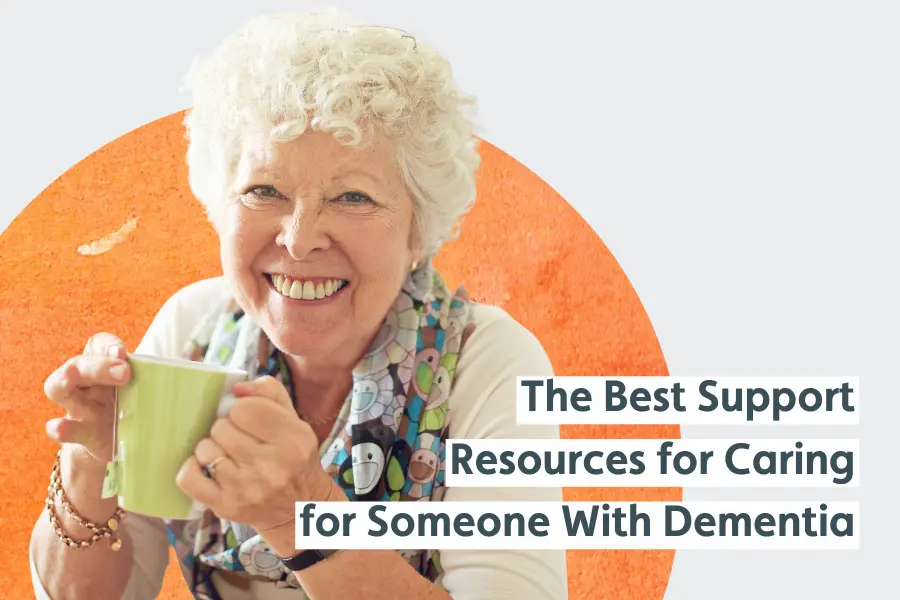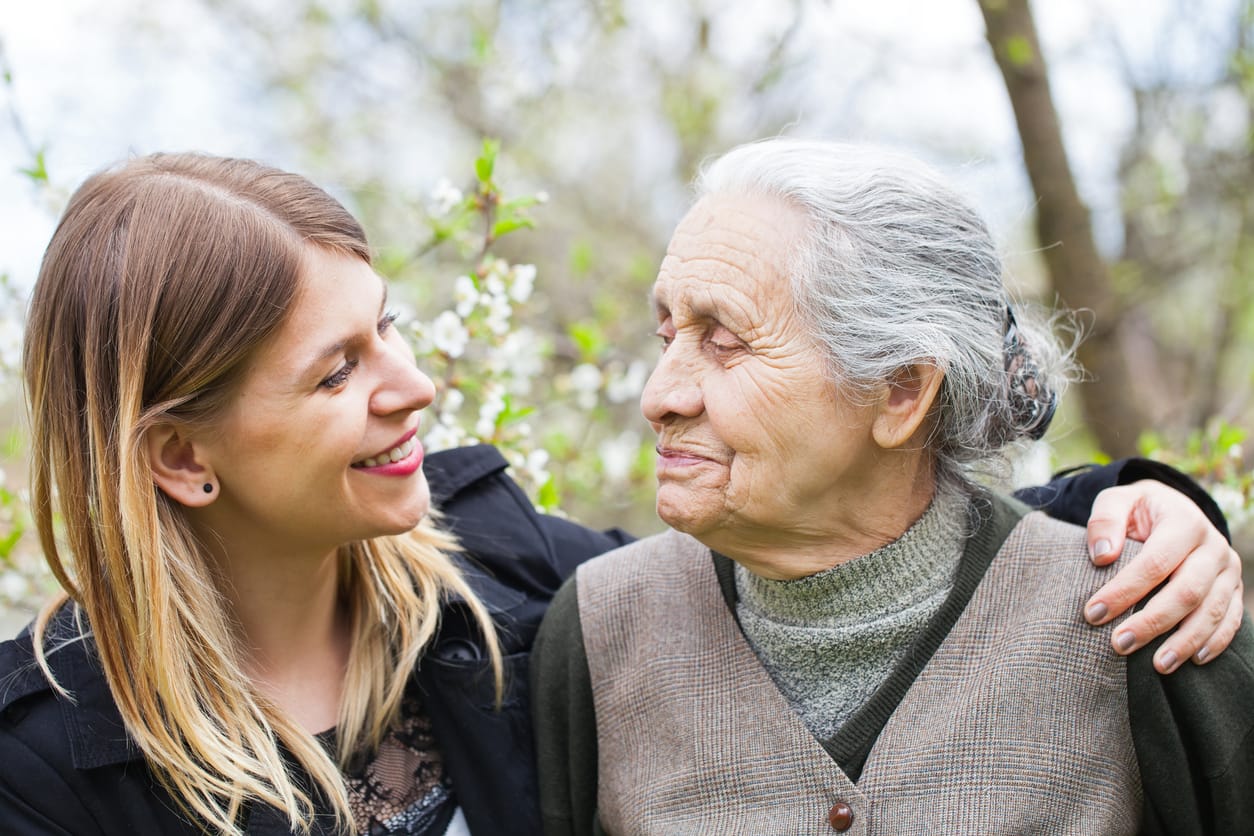
Summary
This sensitive video addresses one of the most challenging aspects of supporting a parent with dementia or memory loss: when they no longer recognise who you are.
Our trainer Peppa shares compassionate guidance for families facing this emotional journey. The key message is beautifully simple - while your mum might forget who you are, she'll remember how you make her feel.
She shares a touching real-life example where a father told his daughter "I don't know who you are, but I know I love you." This powerful moment shows how emotional connections can remain even when memories fade.
The video emphasises that your mum may see you as someone else from her past who made her feel safe and secure. Rather than seeing this as painful, you're encouraged to view it as a compliment - you're providing that same feeling of security and comfort.
Importantly, the message acknowledges that some days will be harder than others. It's perfectly normal to struggle with these changes, and you should be gentle with yourself through this process.
The video closes with a reassuring reminder that whatever Dementia challenges you're facing in this journey, you're doing a great job. It's a heartfelt acknowledgment of the difficulties families face while providing practical, emotional support.
FAQ: Supporting a Loved One with Dementia
When your loved one is living with dementia, their ability to recognise even the closest family members can change from day to day. Your parent or partner's brain is processing information differently now, including familiar faces, but this doesn't change the deep connection you share.
While this journey can feel overwhelming, understanding that these changes are part of the condition can help you respond with patience and compassion, focusing on the moments of connection you can still create together.
Rather than focusing on correcting misunderstandings, your gentle presence and reassurance can make all the difference. You'll find that meeting your loved one in their reality often brings more comfort than trying to bring them into yours.
Whether they see you as a cherished friend or family member from their past, what matters most is that you're creating a space where they feel safe and valued. This approach helps maintain their dignity while nurturing your relationship in new ways.
You can create meaningful moments together through familiar activities and gentle reminiscence. Your photo albums, favourite music, or simply sitting together in a familiar space can provide comfort and connection.
Remember, your loved one's ability to engage might vary, but your presence and patience are what matter most. Focus on creating peaceful, happy moments rather than testing their memory.
Your emotional response to these changes is completely natural - many families experience similar feelings of loss and sadness. Taking care of yourself is just as important as caring for your loved one. Building a support network, whether through local support groups or connecting with others in similar situations, can help you navigate these challenging times while maintaining your own wellbeing.
Your focus on creating a calm, reassuring environment is more valuable than correcting misunderstandings. You'll find that going along with their reality, rather than contradicting them, helps maintain their sense of security and dignity. This approach often leads to more peaceful interactions and meaningful connections, even if the details aren't quite right.
Your emotional connection with your loved one often remains strong, even when their memory is changing. Their expressions of love and affection, even during moments of confusion, reflect the deep bonds you share. These moments are precious reminders that your relationship continues, even if it looks different now.
Your loved one may have days when their memory seems clearer and others when they're more confused. Planning flexible activities and keeping routines simple can help you adapt to these changes. Remember that your consistent, caring presence matters more than their level of recognition on any given day.
You don't have to navigate this path alone. Your local community likely offers various support services, from respite care to support groups where you can connect with others sharing similar experiences. Professional guidance can help you develop practical strategies while ensuring you're taking care of your own wellbeing throughout this journey. See our Dementia resources page for more details.
With a background spanning over two decades in the field of marketing, I have had the privilege of working across diverse industries, ranging from insurance to sports, technology, and health & well-being.
While my previous experience did not directly involve care services, I have acquired a deep understanding of the sector’s needs and challenges through my wife. For the past eight years, she has been dedicated to providing the highest level of support to her clients as a compassionate caregiver.
Witnessing the profound impact that committed caregivers have on their clients’ lives when the opportunity arose to join the esteemed team at Unique Senior Care, it was an easy decision for me to make.
During my free time, you may find me leisurely strolling across fields with a metal detector in hand, eagerly exploring the possibility of unearthing hidden treasures. Alternatively, I love nothing better than making the most of our National Trust membership and cherishing precious moments spent with my family.
I am genuinely thrilled to be a part of the Unique Senior Care team, where I can bring my expertise to the table and share a sincere passion for enhancing the lives of those we serve.


